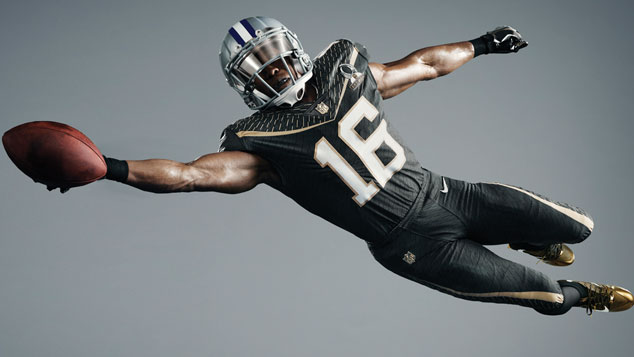
Wall Street is accustomed to Nike (NYSE: NKE) beating records. Its athletics market is booming, sales have more than doubled to $31bn in the last ten years, and the share price has risen sixfold. With double-digit profit growth, Nike has beaten analyst forecasts for 14 consecutive quarters, but with the shares trading at 31 times earnings at the start of the year, investors were perhaps expecting too much.
Its latest quarterly profits came in at $950m and sales rose 8%. But analysts wanted more. In basketball and golf, Nike is under pressure from Baltimore-based Under Armour. It has also lost designers to Adidas and the share price is down 12% from its 2015 peak.
Nike’s long-term story is unchallenged, says Steven Russolillo in The Wall Street Journal. Trainers are more than half its business and Nike has launched a new shoe with self-tightening motorised laces. That might not move the financial needle initially, but “innovation is vital” in this market. The shoe is “totally not a gimmick”, says Tinker Hatfield, Nike’s head designer, but “a serious, performance-driven product” with real applications for athletes.
Credit Suisse analysts have tested Nike in the field, ordering sportswear from competing suppliers, to see which has the fastest supply chain. Nike wins easily, with orders delivered in 28 hours, versus six days for some rivals. The same is true in American football – when coaches pick new players, Nike can get a player’s jersey into shops within weeks. Among US sports fans, overcoats have given way to “logo-plastered sweatshirts”, says Bloomberg Businessweek.
The lightning supply chain is about more than buyers’ convenience. Based on its clothing sales of $9bn last year, Nike is already one of the world’s top fashion retailers. It currently has six software apps, each doing different things, from selling shoes to tracking runs. But it is merging them into one, allowing more customers to buy directly from Nike.
Bypassing retailers has worked for Under Armour, which has 150 million registered smartphone users. It could explode business for Nike too. The new app, on top of rapid growth in women’s sportswear, will boost sales to $50bn by 2020, says CEO Mark Parker, who designed two of its bestselling trainers, Pegasus and Air Max. The shares remain pricey at 28 times earnings, but justifiably so. Parker laid out equally ambitious targets in 2013 and hit them.